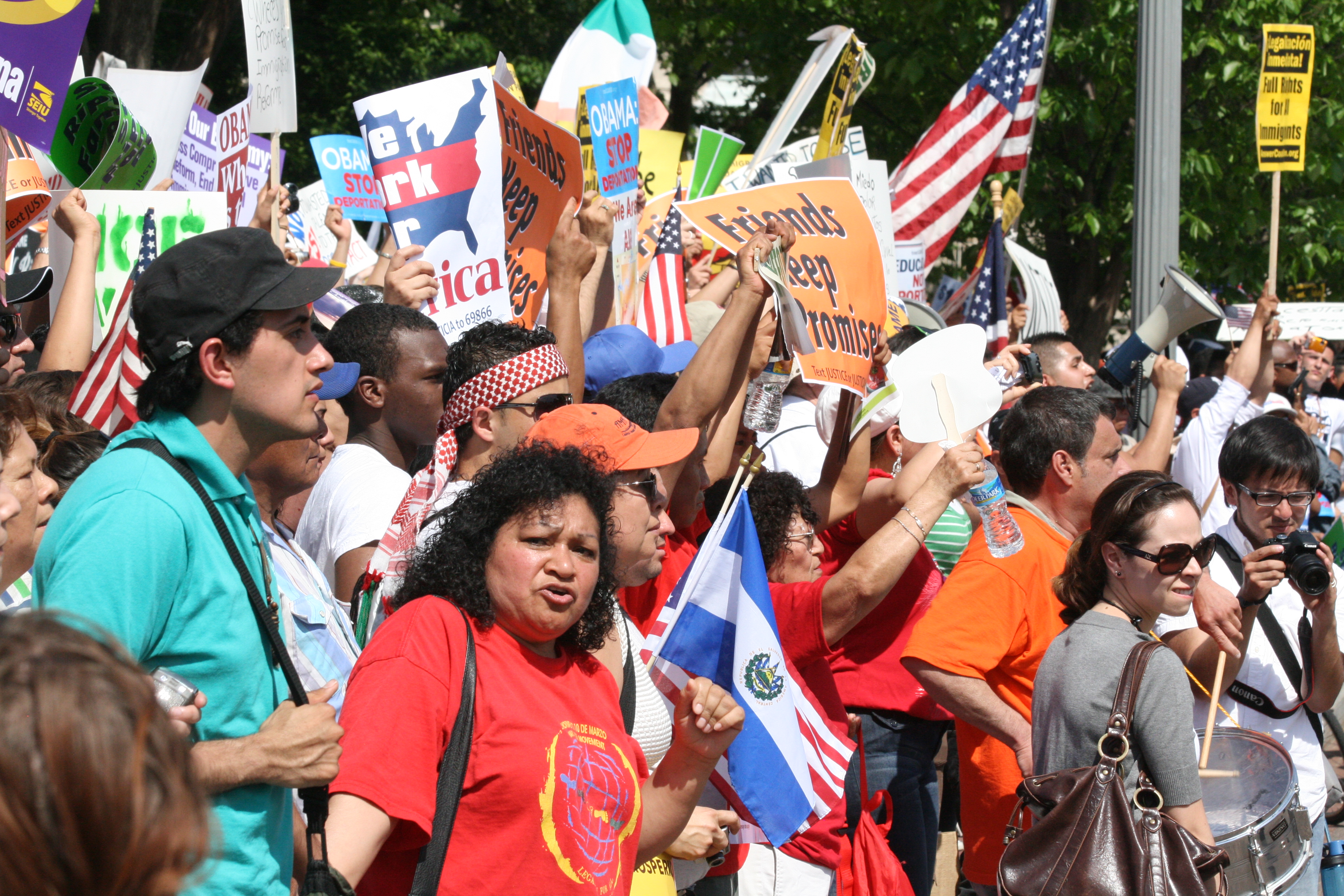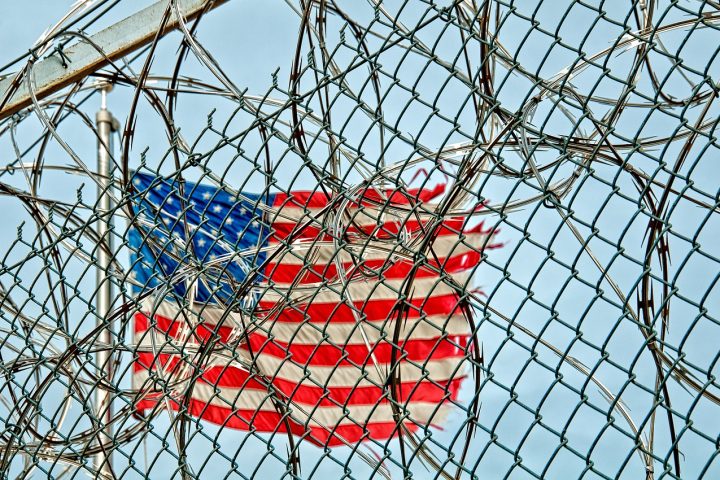By: Cait Felt

Many have been talking about President Obama’s new immigration initiative, which he announced last week in a live broadcast. This new set of laws, set to be implemented through executive action, had been subject to speculation all week as the nation awaited the President’s official announcement of the plan’s specifics. The President’s speech revealed that the plan will focus on a new prioritization system for the deportation of undocumented residents of the United States. Specifically, the goal is to create an extremely low priority for deporting illegal immigrants who have lived in the US for five years, who have children born in the US or who are legal residents, are willing to register and pay taxes, and who have no criminal record. There are also changes which would impact the capabilities of legal residents to work and the Secure Communities program. Many are excited by the President’s perceived commitment to immigration reform, but others question whether the plan will work, for many reasons.
First is the obvious issue that an executive action automatically comes with copious criticisms. Unilateral action is not looked kindly upon by most in the United States. This is especially true when an important executive action is taken immediately after midterm elections that are less than spectacular for the President. President Obama’s announcement of an executive action directly after elections which gave Republicans the majority in both houses of Congress gives his opponents plenty of reason to criticize his actions. Many decry the President’s actions as a show of a thought-out decision to begin this Congressional term with an obvious message that he will be unwilling to cooperate across party lines on issues that he has already worked to get passed in the traditional legislative way.
Meanwhile, proponents of the new potential laws argue that President Obama’s decision is simply in response to Congress failing time and time again to create a lasting impact on American immigration law, which almost all Americans can agree needs a large-scale overhaul. Further, if the democratically-elected Congress has true problems with Obama’s immigration plan, then they have Constitutional rights to override any decision that he has made regarding the issue. The President seems to be betting on the fact that the current Congress will be as unable (or better, unwilling) to make changes as a cohesive body as their recent predecessors, who passed new immigration laws in the Senate multiple times, but never got these bills passed in the House of Representatives.
There is a prevalent criticism coming even from immigration-overhaul proponents that as important and life-changing as this new set of laws may be presented, it really will not change much for the majority of illegal immigrants in the US. The biggest part of the new legislation is that undocumented parents of children born in the US and who have no criminal record will be able to live in the US with a pathway to citizenship over eight years of abiding by American laws, sending their children to American schools, and being employed by American businesses. Many who have studied immigration law point out that the Congressionally-passed and implemented Deferred Action for Childhood Arrivals Act (DACA) already covers most of what this plan would impact. DACA may even be considered more extreme, since it applies to undocumented students who arrived in the US at a young age and have attended American schools for several years, rather than only children who were actually born American citizens.
The Obama administration’s main rebuttal to this argument is that DACA does not in any way provide a pathway to citizenship. This legislation only provides an extension to deportation until the student graduates from high school. If this family lives in a state with an active DREAM Act, then the student may gain a pathway to citizenship if they are accepted into a university or enlist in the American military. Otherwise, this new plan is the only hope for these people to gain citizenship after illegally immigrating into the US. Those who support more lenient immigration laws and a pathway to citizenship for undocumented residents cite the contentious divide between the President and Congress as a reason that those who would be affected by the law may not even use it to its full extent. If these people cannot count on the law being valid in a year because Congress may decide to override the President’s plan, then they probably will not trust the system enough to declare themselves. This would mean risking losing all that they have worked hard to gain by lying low from the government as their children attend school and they work.
Others say that it is unfair to allow only immigrants with children to get the benefit of this law. What about younger immigrants who are working, paying taxes, have no criminal record, and have no children? One young man featured in The New Yorker said that he felt like he was being penalized for not having children when he is not in an economic situation to support them yet. If the President’s only concern is with parents of American citizens, then that may only encourage young undocumented workers to have children for citizenship reasons. These children may become a burden on the tax system in the United States and be wholly unbeneficial.
If President Obama intends for his plan to make a lasting impact on immigration law in the United States, then he faces a tough battle to gain more multilateral support ahead of him. He also must enact legislation that is not only effective, but also illustrates the lasting influence that the support of Congress and the people will have on ensuring safety for all those involved. This may be the biggest challenge of President Obama’s tenure, but if he is able to succeed, then he could change the face of the United States forever.

